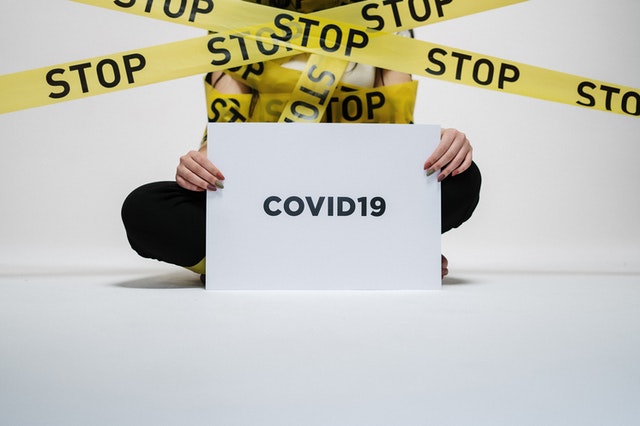
There has been a great deal of misunderstanding about HOAs and what residents are required to pay for their HOA dues. This is particularly true for foreign buyers who may not understand that HOA dues in communities that have HOAs are not optional. There are times where residents forget to pay their HOA dues on time, but there are other circumstances where residents merely decide not to pay due to the fact that they do not see the value of the services their HOA is providing to them. If your HOA is considering your policy related to delinquent HOA fees, it is important to review the information below:
What Are HOA Fees Supposed to Cover?
Depending on the size and type of community where your HOA is located, there may be different services covered by HOA fees. Usually, HOA fees are designed to cover cleaning common areas, required maintenance to upkeep the roads or main structures of the neighborhood, or required repairs in the event of extreme weather. Many residents want to opt out of these fees; however, many HOAs have strict guidelines in their regulations that the HOA dues come as an obligation once a resident purchases a property in a given neighborhood or condominium.
Why Having a Policy Regarding Delinquent Fees Is Essential?
One of the main issues with HOA dues is that it can cause residents to stop paying and fulfilling their financial obligations to the HOA. HOAs that do not have clear policies or procedures in place are providing residents with more opportunities to get away with not paying. If your HOA does not have a policy for delinquent fees, then it is highly recommended that you add one to your regulations and give your residents plenty of notice. Having clear procedures for delinquent payments in place puts your HOA in an ideal position to deal with disputes and encourages on time payments from your residents.
Can Homeowners Withhold HOA Payments Due to an HOA Failing to Perform?
Many HOAs have not been ethical over the years, which has caused homeowners to stop paying their HOA dues. Typically, each HOA has a clause about residents failing to pay and what the required procedures are. Even if the HOA is culpable, it is highly unusual for residents to get away with not paying their HOA dues. If a resident or group of residents wants to take legal action, going to court is usually the only way to sanction an HOA who is failing to perform. Otherwise, residents are required to make their HOA dues on time regardless of their personal grievances with their HOA. Residents need to consider carefully before purchasing a property that has an HOA to be sure they can afford the HOA dues during the entire time they are residing within the community of the HOA.
Recommended Steps to Address Residents Who Fail to Pay HOA Dues
Below is a list of recommended steps to take if residents have failed to pay their HOA dues:
Late Notice
There are times where your residents will forget to make a payment on time. Your HOA should ideally have a five-business day grace period to assist residents in getting their capital together to pay their HOA dues. A friendly late notice is an excellent way to remind a resident that their HOA dues have not been received. By using email or text message reminders, it can be possible to notify residents to remind them of their late HOA dues.
Initial HOA Collection Demand Letter
If after the first late notice the resident still has not paid, there is then the possibility of sending out an initial HOA collection demand letter. In this formal demand letter, the HOA needs to meet the requirements of the Fair Debt Collection Practices Act. In order to be in compliance with the Fair Debt Collection Practices Act, it is highly recommended for the HOA to get legal advice with how to handle the resident’s failure to pay their dues. This way should the proceedings escalate further, the HOA will have documented proof of their attempts to collect payment from the resident.
Subsequent HOA Collection Demands
If after sending the initial late notice and the HOA collection demand letter the resident has still not paid, there are some other options available to HOAs including the enforcement of a lien, a foreclosure lawsuit, and personal money judgment lawsuit. Foreclosure lawsuits are one of the most extreme measures that an HOA can take because they can cause the resident to lose their property and have a severe mark on their credit. Depending on the regulations of each individual state and the particular stipulations within the regulations of the HOA, there will be clarification on how the HOA is permitted to collect delinquent fees from residents.
How to Encourage Residents to Pay Their HOA Dues When They Are Due
Your HOA needs to consider how you can encourage residents to pay their dues on time. If your HOA still has not invested in an electronic payment system, consider doing so. Electronic payment systems have had a great deal of success with increasing the number of resident HOA dues payments that are paid on time. If residents pay their HOA dues on time, they will result in more cash flow for the HOA to utilize to further improve the quality of life of their residents and enable the HOA to have more cash on hand to cover their expenses across the board.



